A battlefield sketch by artist Vu Tu Khang.
War Diary - A Simple and Beautiful Monologue
Enlisted in 1966 at the age of 18, Trinh Van Vu (commonly known as Trinh Vu) was from Minh Chau island commune, Van Don district. He became a brave military intelligence officer in the fierce Quang Tri battlefield during the resistance war against the US; then was assigned to lead a reconnaissance squad in the Route 9 Southern Laos campaign. He sacrificed his life in 1971 at the age of 23.
Portrait of martyr Trinh Van Vu.
During his 5 years in the army, Trinh Van Vu wrote 5 diaries, 3 of which were later lost, leaving only 2 in the hands of his younger brother Trinh Van Khuong (currently living in Ha Long City). In addition, there is one of the 2 handwritten manuscripts of the novel "A Soul" he wrote. Those emotional diary pages were printed into the book "War Diary", first published in 2006 and reprinted many times after that.
Writer Ma Van Khang called this diary "a simple and beautiful monologue about the personality of a person, a soldier". In the 2011 reprint, Trinh Van Vu's "War Diary" was supplemented with many valuable sources of information. The reprint includes 5 parts: Diary, letters from relatives and friends sent to Trinh Van Vu, novels by Trinh Van Vu, comrades and relatives writing about martyrs and the section on artists and intellectuals evaluating this work.
Although he did not finish 7th grade, the diary pages and the manuscript of the unfinished novel that he wrote on the battlefield are very rich in humanity. Those pages "sparkle with literary talent" as some writers and literary critics have commented. Poet Huu Thinh, former Chairman of the Vietnam Writers' Association , commented: "Trinh Van Vu's diary is a journey of self-improvement. Everything about aspirations and the reason for living has been expressed vividly and sincerely by the author. What makes the diary attractive is the beauty of the author's soul. Voluntarily committing himself, not bargaining, not demanding, not waiting for any gentle support, that is a noble spirit of life. In these dusty and chaotic times, reading Trinh Van Vu's diary, we seem to be nourished by a fresh and pure breeze of human love".
From the content of the diary, today's young generation can have a deeper insight into the good qualities of soldiers during the years of war. It is also their reason for living, their noble ideals as well as their thoughts on the current situation: "Starting from here, a new book... each page turned over and over, changing a little in the ordinary life of a soldier. And who knows, every day, each page is still waiting for something fierce. Fierce but believed to be very glorious. From those small notebooks, we believe that later, if the battlefield does not take them away, we will understand what a difficult soldier's life is like".
Three war diaries have been published by Quang Ninh authors.
The war diary of martyr Trinh Van Vu makes readers moved when reading the lines filled with love for parents, siblings, friends and especially his young wife in his hometown, with whom he only had one wedding night. It is a lingering nostalgia for the sea, Minh Chau island with simple meals cooked by his mother, the Tet of the northern coastal people: "Continuing to march through the forest in the blazing sun. Weary as chaff. All tired, listless and uncomfortable. Carrying a backpack is like carrying a large lead bar. Walking in the wind and rain, feeling lost, lying on the dew, pillowing on the ground, shivering in the late night, cold in the early morning. All combined into a long series of rough and fierce days that are ready to sweep away life, if not steadfast, strong and full of determination. Oh, at this time, having a basket of boiled sweet potatoes from home to eat or a roasted cassava given by my mother... is so delicious".
In terms of art, it is clear that author Trinh Van Vu did not intentionally write, did not intend to write, but the words just flowed out with the flow of emotions. The diary entries and pages of Trinh Van Vu's novels glimmered with an innate literary talent. It was a voice rich in emotion, truthful, subtle, coherent, and awakening to the reader. Perhaps if he had not sacrificed, who knows, he would have become a respectable writer in the future: "The notebook of love! You will be my first soul, you must first be mine, and then you will be my most beloved ones... At that time, if you fall, your blood will stain the cover of the notebook pink and I believe that you will come to my beloved Thu Ha (the martyr's wife - PV) . Don't let me down!"
Writer Nguyen Phan Hach, former Director of the Writers Association Publishing House, commented: "If Trinh Van Vu were still alive, he would certainly become a writer. During those fierce years of bombs and bullets, he wrote poems and novels. Unfinished pages. But there was no need. His own life was a legendary page of poetry of the modern struggle."
Diary is a friend in the midst of the fire and smoke of Truong Son
During his lifetime, journalist Nguyen Van Dat, former Deputy Head of the Propaganda Department of the Quang Ninh Provincial Party Committee, former Director of the Quang Ninh Radio and Television Station, now the Quang Ninh Provincial Media Center, gave me a diary book "Days in Truong Son" (published by Literature Publishing House in 2012). The diary began on April 22, 1966 and ended on May 26, 1974, telling about the 8 years in the army with many memories of the young soldier Nguyen Van Dat, an information soldier of the Southern Line Group during the years of fighting against the US.
Mr. Nguyen Van Dat wrote a diary on the battlefield in 1973.
In the book's introduction, the author wrote: "In those days, almost everyone kept a diary. I was lucky to have spent my entire time on the battlefield doing military work at the Line Group under the Logistics Department of the Regional Command, so I had the opportunity to keep a diary regularly. Those were monologues reflecting my feelings and thoughts during my work and fighting. During the arduous and fierce years of the battlefield, the diary was always in the "core" of documents placed at the bottom of my backpack. It was a friend where I could open my heart and confide in myself."
The book gathers materials from many notebooks with different paper colors, sizes and ink colors, which accompanied him through his long military journeys. The book consists of 3 parts: The first part is the days of enlistment until the time of receiving troops to go to B, the second part is from the time of going to the South until the time of going to the North. The third part is from the time of going to the North until getting married.
Mr. Nguyen Van Dat (second from left) and his comrades on the battlefield in 1973.
Each story in the diary is like a slow-motion film, recreating the tragic times of the fathers' generation. The days in Truong Son, the name of the diary itself speaks to the author's main emotions. From the handwritten pages to the time it was printed into a book, the diary still retains almost intact the pure emotions of a 22-year-old young man eagerly heading to the southern battlefield, carrying with him many ambitions, although he could not avoid the fear of the dangers of war.
Poet Tran Nhuan Minh, former Chairman of the Quang Ninh Literature and Arts Association, commented: “His life was simple, like two mirrors reflecting on each other and finding unity in each other. During the 8 years in Truong Son, whether working in the Central Highlands forest or in neighboring countries, during the fierce years of fighting against the US, he still maintained his own unique style. The pages of notes that followed each day were always gentle and clear. He did not intend to write, but his sentences were smooth and passionate in many parts.”
There, readers encounter the camaraderie that overcomes the losses and pain of war, the malaria in the Truong Son rain forest, the emotional letters from families, the beautiful emotions before the Truong Son girls. Poet Tran Nhuan Minh commented: “We have read many pages about the fierce and fierce Truong Son battles, these diary pages tell us about another Truong Son, somewhat quieter and gentler, the writing is also more gentle so that we can imagine the battlefield of the past with its levels. And as you said, it can contribute to enriching the vitality of the legendary Ho Chi Minh trail during the years of fighting the Americans”.
The books are faded by the sun and rain.
Mr. Le Duy Thai (left) shares battlefield memories with his comrades.
After nearly 10 years on the battlefield, with a romantic nature and a love of literature, Mr. Le Duy Thai (currently residing in Quang Yen town) has kept dozens of diaries. Keeping a diary is also a habit of many liberation soldiers. Mr. Le Duy Thai said: I know many of my comrades at that time left behind thousands of war diaries, marching diaries, notes on the battlefield... Only a few were lucky enough to be published. The majority are scattered among the relics of martyrs buried in unknown graves or are worm-eaten at the bottom of the chests of returning soldiers, never mentioned.
The diaries of Mr. Le Duy Thai.
Mr. Thai said that his diaries were tiny notebooks that were blurred by the rain and sun of time. He still kept a total of 12 small notebooks measuring 7x10cm, with nylon covers taken from pocket calendars of that time. The inside was made of thin paper or letter paper. The first page of Mr. Thai's first notebook was dated January 14, 1967. The last page stopped at December 3, 1975, after the liberation of the South, the unification of the country, the stabilization of the situation, and the march to the North. Among them were diaries that were both personal and work diaries.
Mr. Le Duy Thai when he was young.
For nearly 10 years, those diaries were at the bottom of Mr. Le Duy Thai’s backpack, following him to all the battlefields, all the way to Saigon. After the reunification, Mr. Thai returned to Quang Ninh, neatly arranged those diaries at the bottom of the box, and placed them on the bookshelf.
He had moved house many times to escape the storms and rain, and his diary had become moldy. Only after his retirement did veteran Le Duy Thai have time to collect and dry them again.
After that, Mr. Le Duy Thai had all 12 books retyped, faithful to the original with specific facts at each time on the battlefield. The words, although blurred and difficult to read, were enough to visualize the rain of bombs and bullets, smoke and fire, sun and rain, and wind on the battlefield. In 2020, he collected them to print into the book "Once upon a time, we lived like that" published by the Writers' Association Publishing House.
Another person who also kept many diary entries on the battlefield, although they have not been published in a book, is veteran Bui Duy Thinh, an officer of the 28th Mobile Regiment and former Chief of the Liaison Committee of the Coal Corps. Mr. Thinh kept a diary from July 1967 until the liberation of the South and the return of troops to the North.
The yellowed diary pages over the years are still carefully preserved by Mr. Thinh. They may have been hastily written notes in the middle of a battle, but they tell us today many long stories about the ferocity of war, the bravery of soldiers, love for comrades, love for homeland, country, and family.
In Quang Ninh, there were also some liberation soldiers who recorded their marching route, but not in words but in sketches. These were hastily drawn drawings on the marching route but had high information value and were especially vivid, rich in life material.
Cover of Mr. Thinh's diary.
The sketch is named "Sunshine in the forest" by artist Cong Phu brought back from the battlefield.
The value of the diaries lies in their humanity, in the reality of the battlefield that soldiers must face directly every day. There, the reality of war emerges with its hardships, sacrifices, famine, disease, malaria, death, and separation. However, there, the liberation soldiers still live together with humanity, full of responsibility, still believe in the people, share the hardships with their comrades. Because of the nature of the march, the war diaries are mostly short, simple paragraphs but contain a lot of valuable information, loyal hearts, optimism, sensitivity to nature, mountains, rivers, grass and flowers, and at the same time reduce the fierceness of war.
Pham Hoc
Source: https://baoquangninh.vn/nhung-cuon-nhat-ky-trong-ba-lo-nguoi-linh-giai-phong-quan-3352360.html


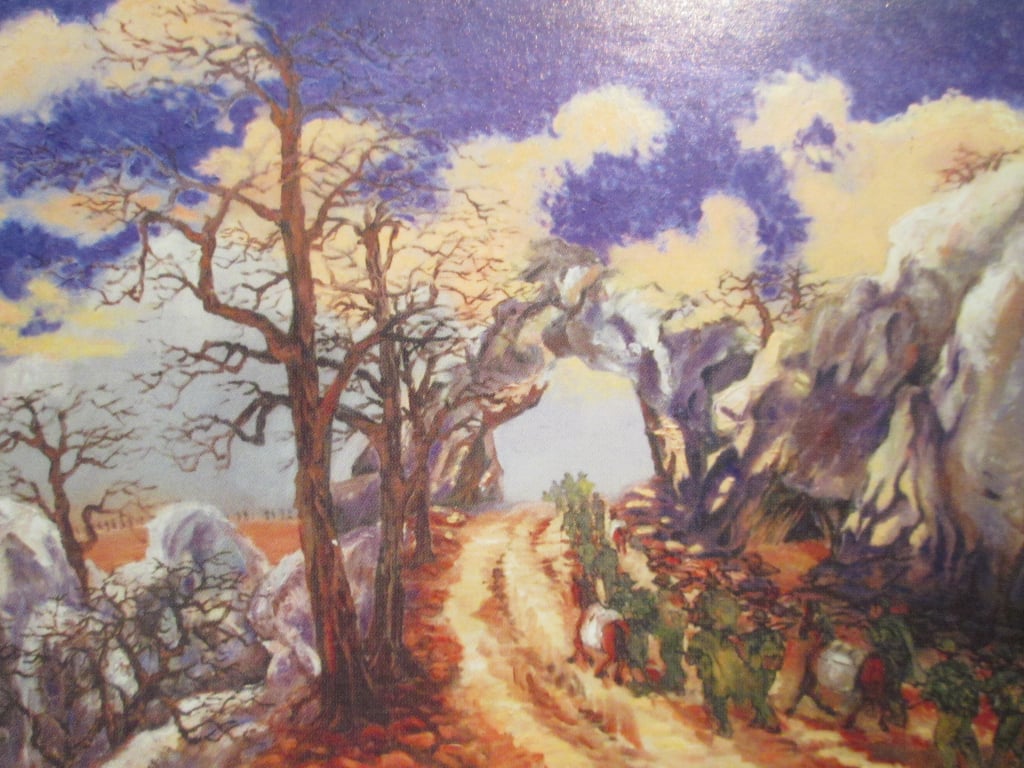
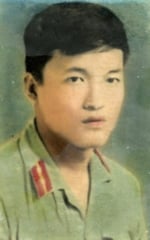
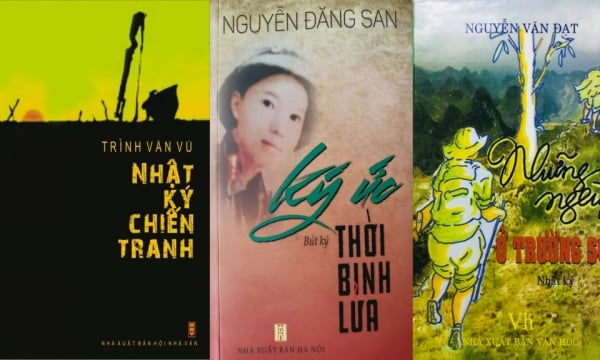
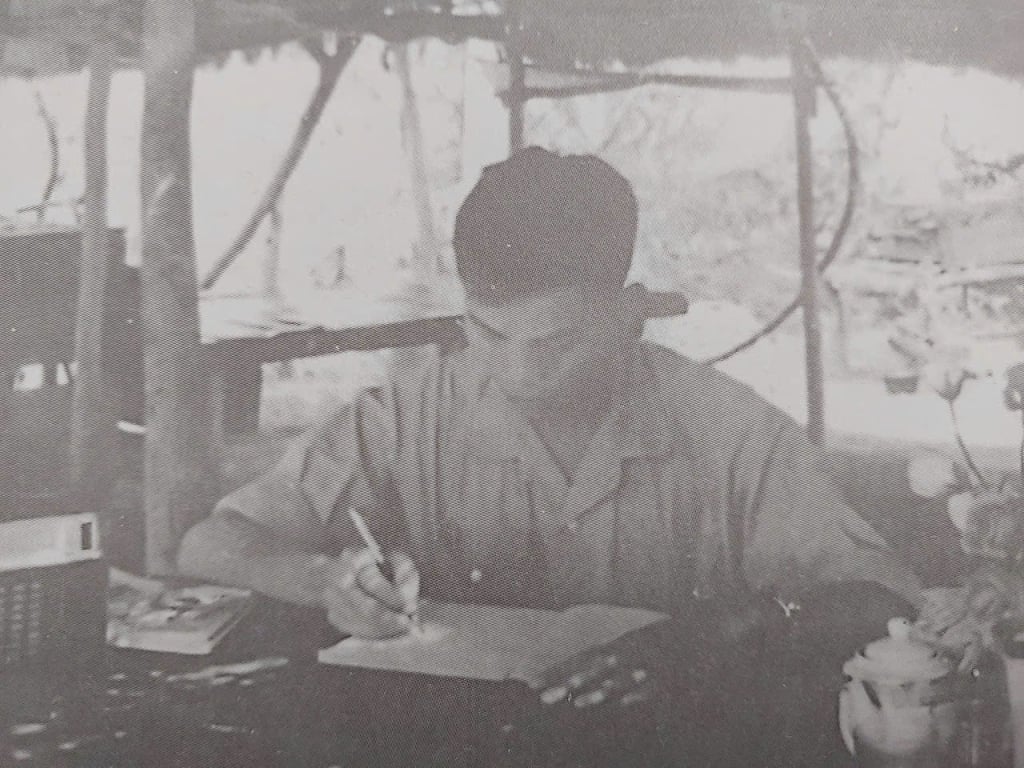
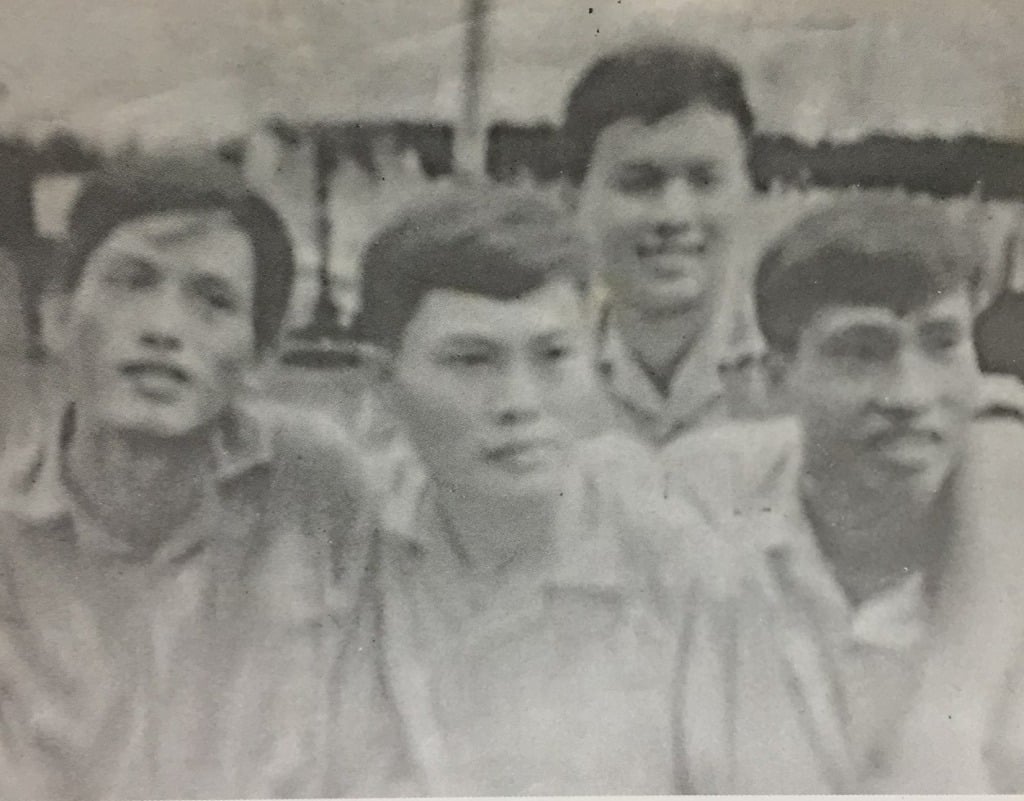
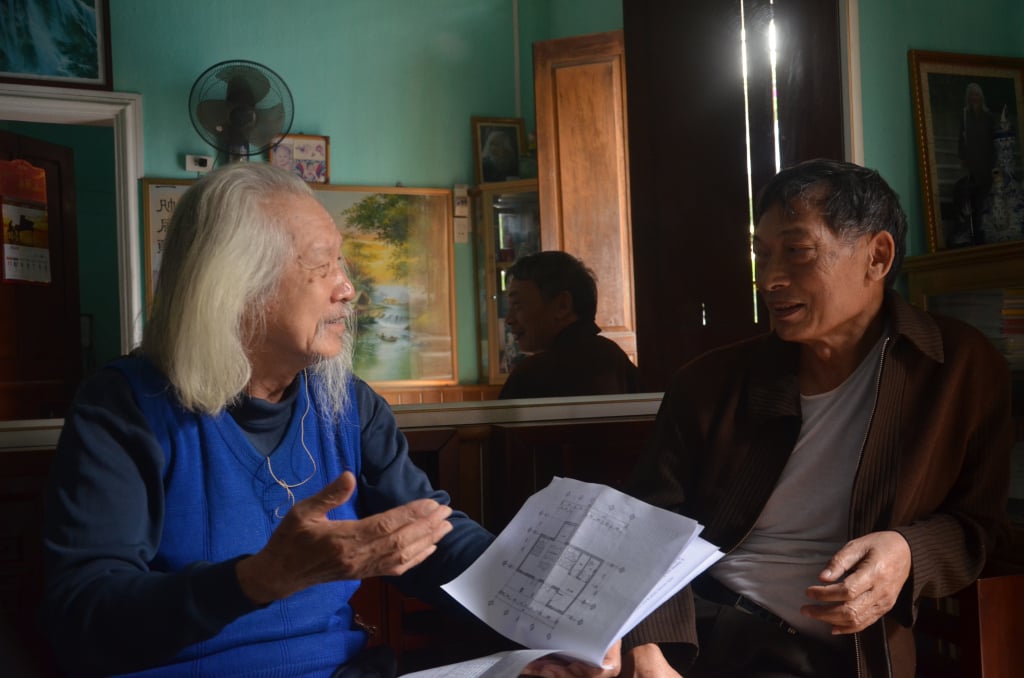
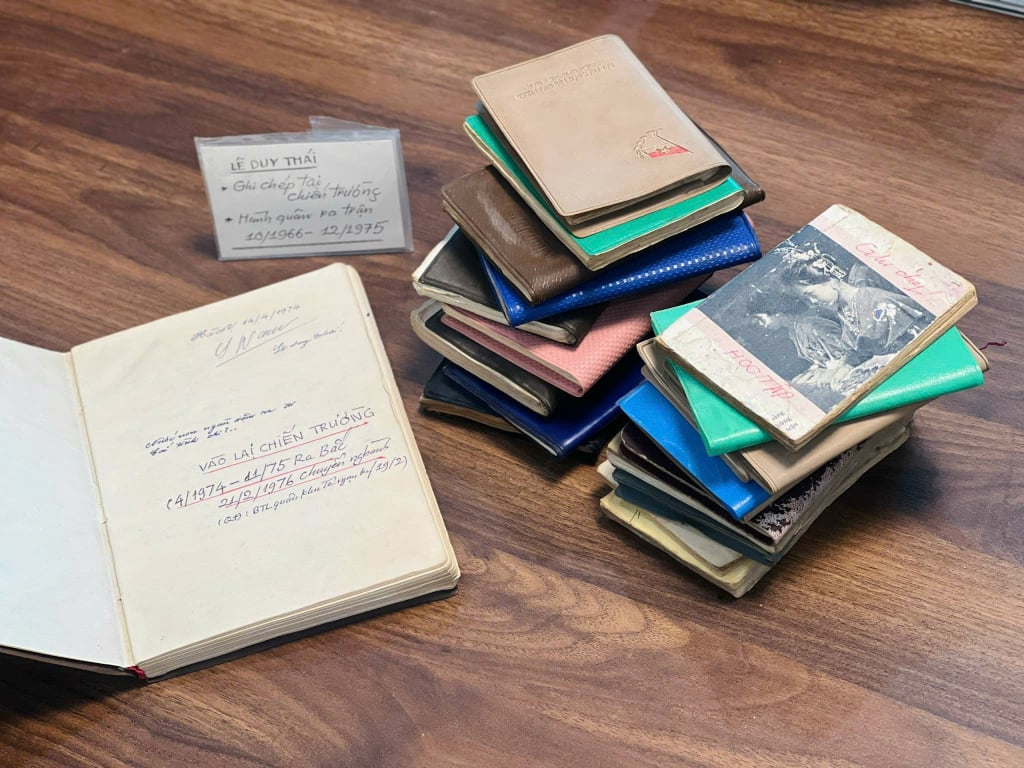
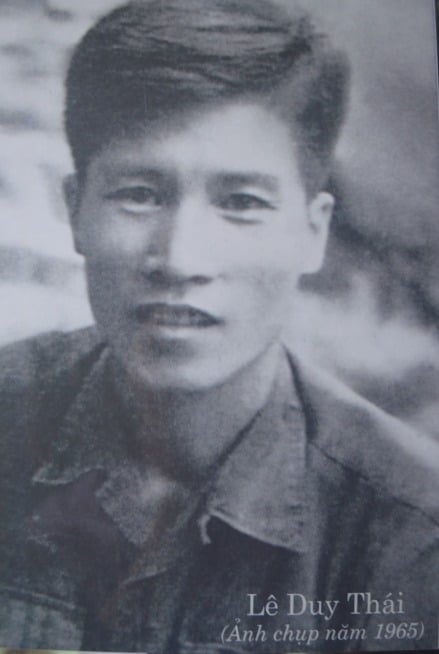
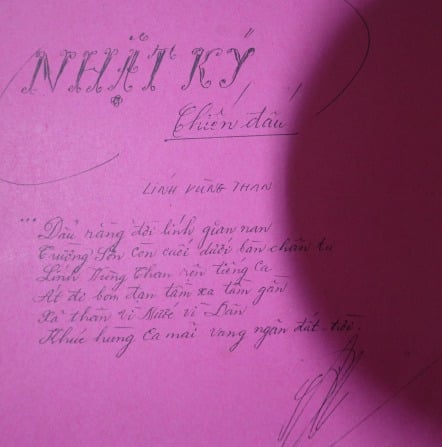
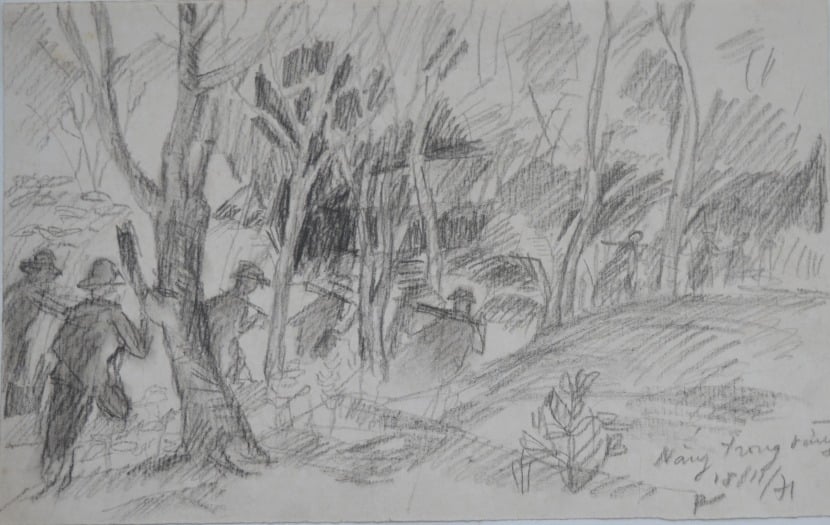
![[Photo] Many young people patiently lined up under the hot sun to receive a special supplement from Nhan Dan Newspaper.](https://vphoto.vietnam.vn/thumb/1200x675/vietnam/resource/IMAGE/2025/5/18/6f19d322f9364f0ebb6fbfe9377842d3)



![[Photo] Ready for the top competitions of Vietnamese table tennis](https://vphoto.vietnam.vn/thumb/1200x675/vietnam/resource/IMAGE/2025/5/18/9c547c497c5a4ade8f98c8e7d44f5a41)
![[Photo] Party and State leaders attend the special art program "You are Ho Chi Minh"](https://vphoto.vietnam.vn/thumb/1200x675/vietnam/resource/IMAGE/2025/5/18/6895913f94fd4c51aa4564ab14c3f250)
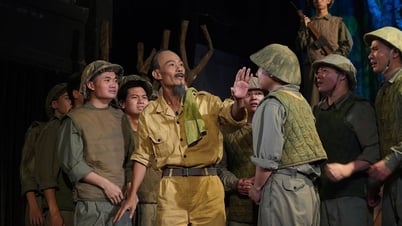



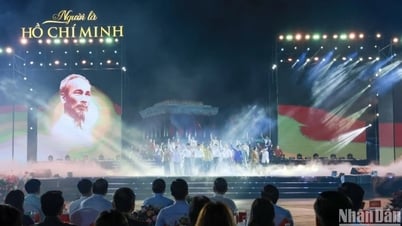

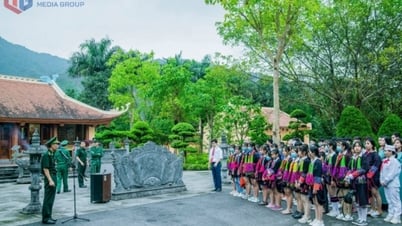
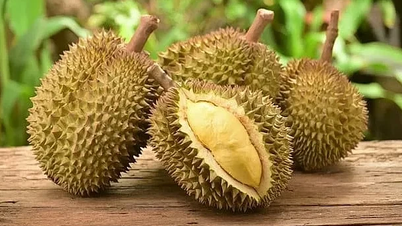






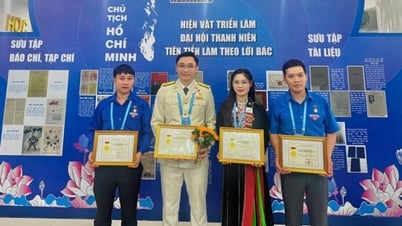
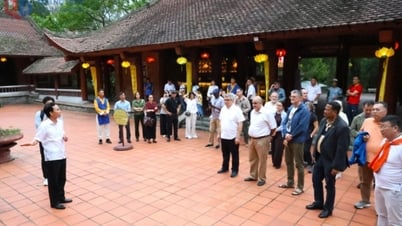


















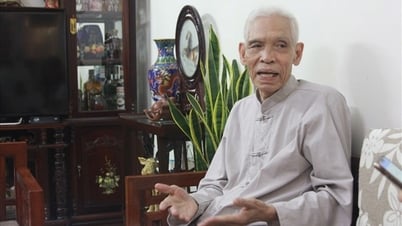




















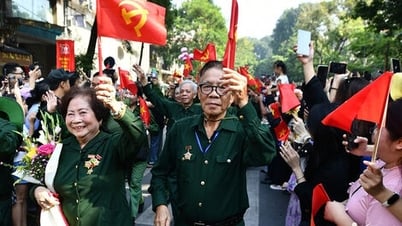

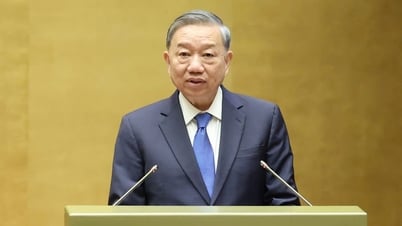









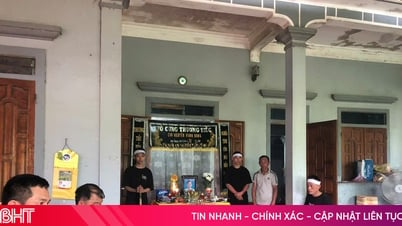

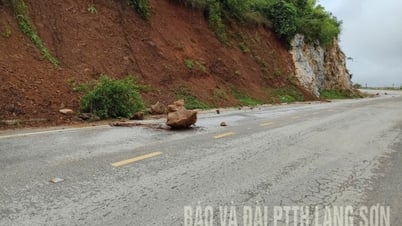












Comment (0)